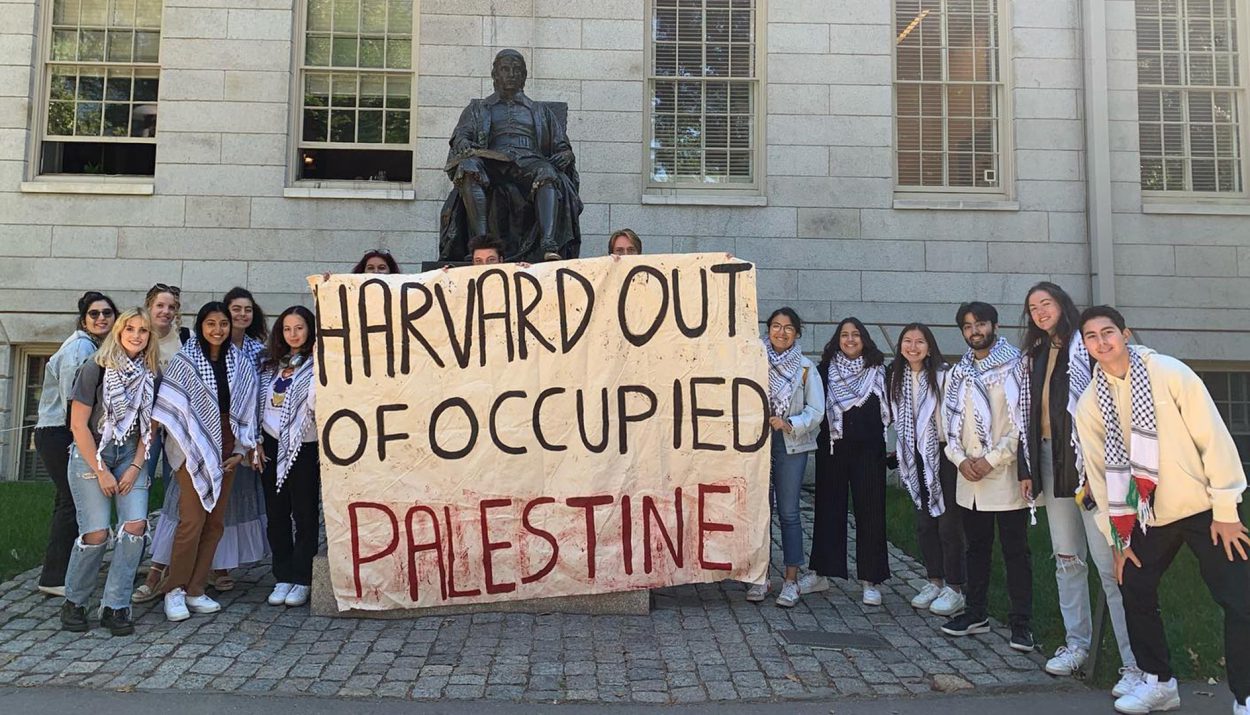The question of higher education is one that has plagued America for decades. It’s generally agreed that higher education is important in some cases, but the last fifty years has seen an expansion of the idea that a higher education is completely necessary in all cases. That couldn’t be further from the case, and modern conversations around higher education have pointed out many of the flaws in the system.
State Schools v. Private Schools
One of the arguments that is often had around higher education surrounds the quality of the information that students are being given. The question of state schools versus private schools, versus elite institutions like Harvard and Yale University, is one that people have been discussing for years.
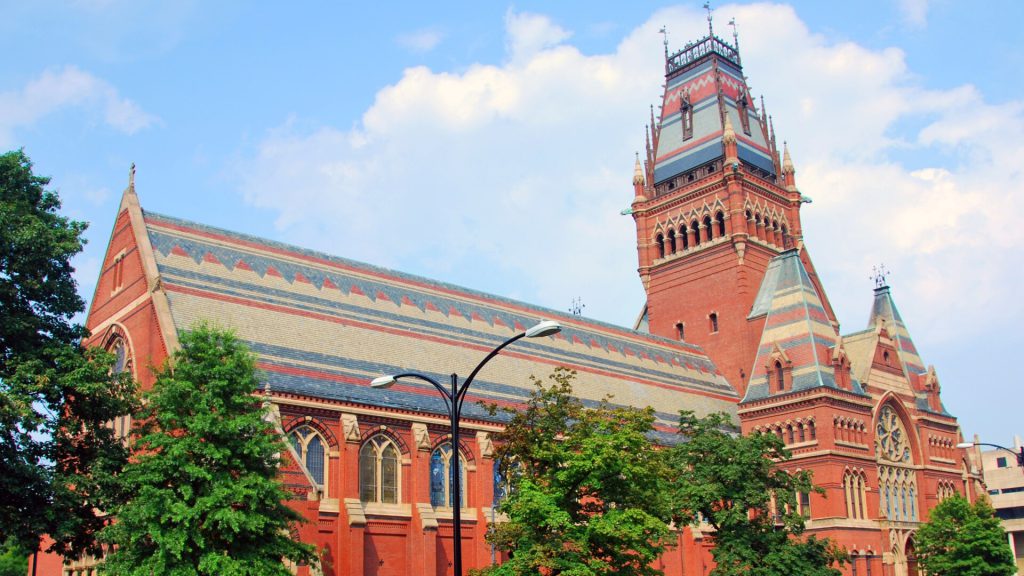
The debate around the purpose and efficacy of elite institutions has increased in the last few years. Harvard University, in particular, has recently come under fire for decisions that the school board has made, and it has made many people question what the point of these higher, elite institutions are at all.
Harvard University: An American Institution
Harvard University is the oldest institution of higher learning in the United States. It was founded in 1636 as Harvard College, and named for its first benefactor, Puritan clergyman John Harvard.
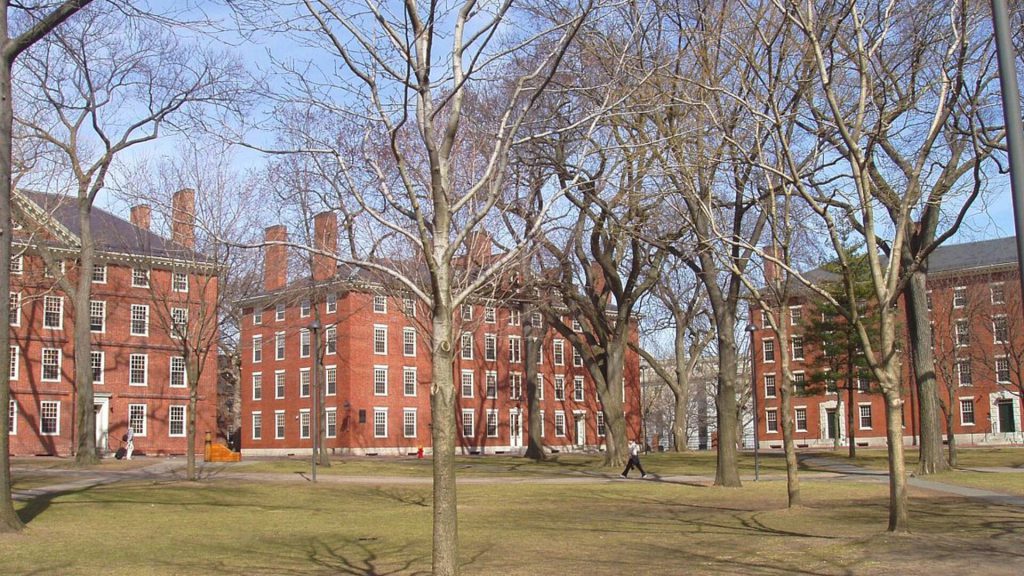
Harvard has become known as one of the most prestigious universities in the world, by merit of its wealth, influence, and ranking. Its founding was initially authorized by the Massachusetts colonial legislature, who were concerned with leaving an “illiterate ministry to the churches.”
Training Members of Faith
Harvard was never formally associated with any one denomination of faith, but in the beginning, it primarily trained Congregational clergy. Its curriculum and student body were gradually secularized during the 18th century, and by the 19th century the school emerged as the most prominent academic and cultural institution among the Boston elite.

The late 19th century and early 20th century saw Harvard develop multiple affiliated professional schools, and become a modern research university. The number of schools and disciples that the school formally offers expanded throughout the years, until Harvard became the beacon of modern knowledge and innovation that many know today.
A Prestigious Education
Harvard is world-renowned for the types of education that it sells, as well as the prestigious alumni that have come out of its halls. The benefits justify the high price in many people’s eyes, but questions have recently been raised about the actual cultural and social benefit that schools like Harvard provide for society.

In the world of higher education, schools like Harvard and other Ivy League’s are often trusted to launch their students into the world, fully prepared for whatever career they’ve chosen. Because of their reputation, policymakers often turn a blind eye to these facilities of higher education, and not necessarily for the better.
Doing a Great Disservice to Students
Some people have recently started to wonder whether the Harvards of the world are, in fact, doing a disservice to the students who walk its halls. And, on a grander scale, these same people are asking whether the failures of Harvard and other elite schools have been masked by the brand leverage and networks that these institutions have access to.

This is not a new concept, by any stretch of the imagination. The idea that elite schools are merely a facade for subpar education is an old idea for those who are aware enough to see the signs, but recently, the Hamas attack on Israel served as a magnifying glass for the moral decay at Harvard.
Endorsements of Hamas
After Hamas attacked Israel in October of 2023, student organizations around the country rallied together to endorse the rampage being done by the terror group.

Harvard was no exception to this, with multiple students signing on to a letter which condoned the actions that were taken by Hamas against Israel. The backlash was swift and strong, and Harvard’s president, Claudien Gay, needed to release multiple statements in order to make clear that she wasn’t indifferent to this act of terrorism, as many people implied.
Reassurances of Jewish Support
Gay’s reassurances of support to Jewish students became significantly less meaningful when a video came out of a Jewish student who was being bullied by pro-Hamas protestors on Harvard’s campus. Gay remained silent on the issue, raising the question publicly of the types of students who are being admitted to Harvard in the first place.
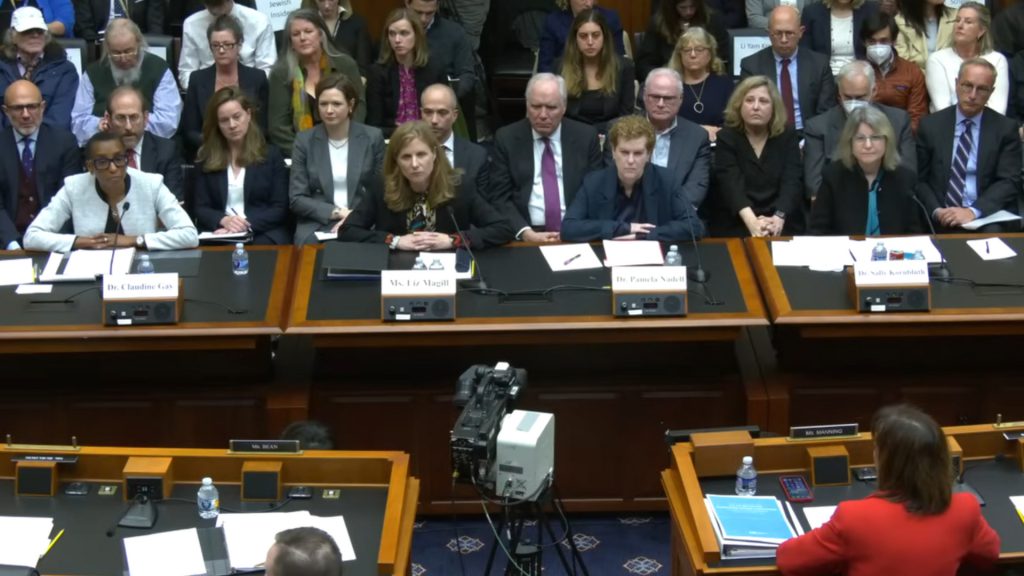
This is an important question. Harvard is a private university, and educates only the tiniest fraction of America’s higher education students. However, these elite institutions educate an enormously outsized share of its leaders, with a significant number of Ivy League graduates peppering the White House, Supreme Court, and United States Senate.
How are Leaders Being Chosen?
This pattern of elite education in politics has raised the question of how the nation’s future leaders are being chosen. The other important question, of course, is what they’re learning while they’re there.

It’s often assumed that the single-digit acceptance rates of schools like Harvard means that students at the universities comprise of the best and brightest that the American public has to offer. Unfortunately, that’s rarely the case. Recent litigation has documented the massive preferences that are enjoyed by the connected, ideological agendas, and reductionist caricatures that make up admissions files.
A Disturbing Pattern of Admissions
For instance, at Harvard, nearly half of students are there due to stone preference, such as being a “legacy” or the child of a wealthy donor. An analysis of Harvard admissions files further found that Asian American applicants outscored every other racial group on metrics like test scores and grades, but were consistently set back by Harvard staff giving them horrible ratings on traits like personality and kindness.
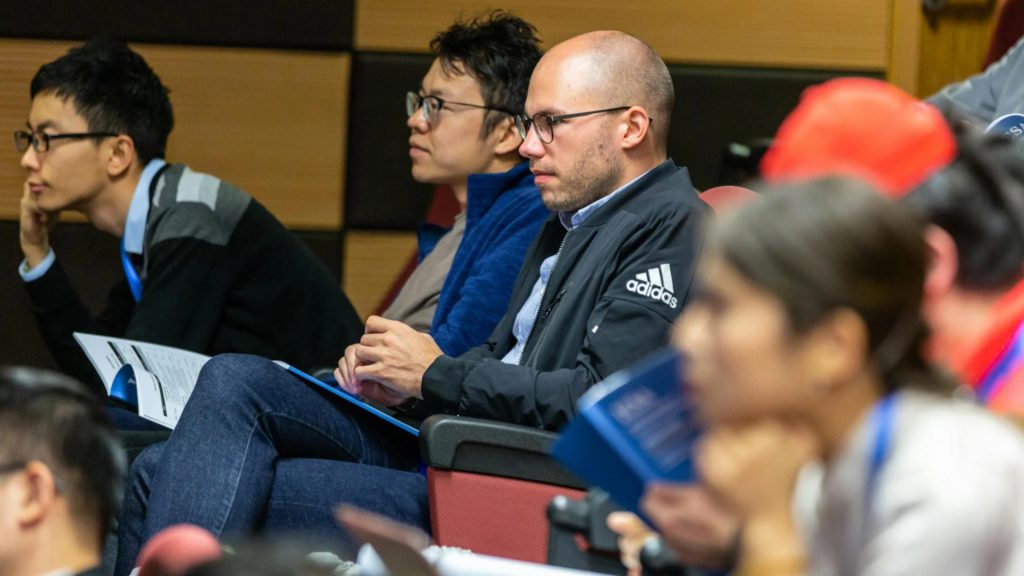
This is concerning, because it’s long been assumed that colleges like Harvard help to cultivate a “diverse” community of future leaders. Patterns of admissions reveal that this is not the case, and for those students who do make it into Harvard’s hallowed halls, recent events have shown that this isn’t yielding the kinds of tolerant, responsible leaders that America has been promised.
Curating Based on Convenience
In practice, the curation of leaders has been less about merit or diversity, and more about convenience. In research, the New York Times discovered that five of eight Ivy League schools admitted more students “from the top 1% of the income scale than from the entire bottom 60%.”
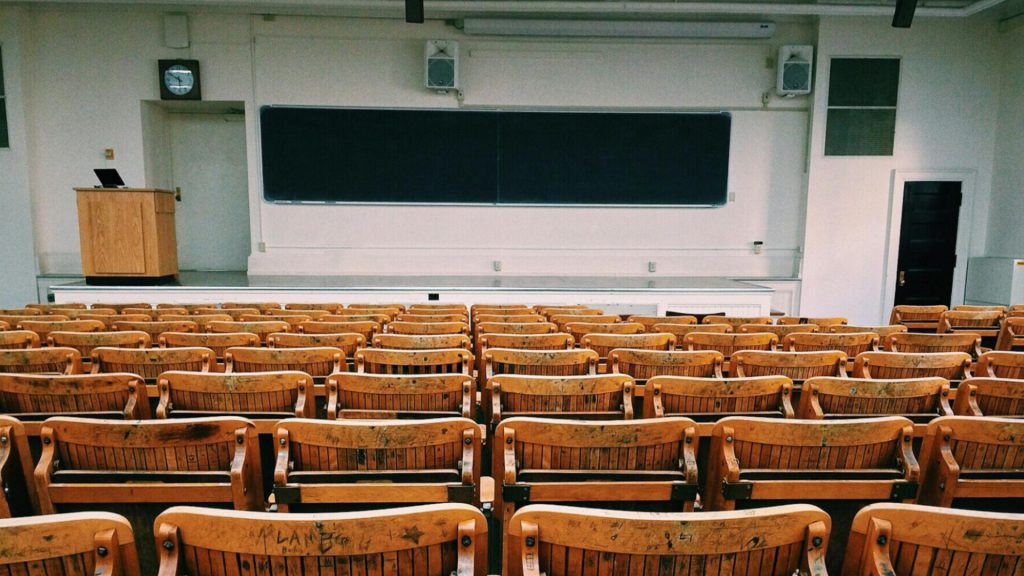
These “curated” student bodies, therefore, don’t reflect the nation intellectually, and more than they do socioeconomically. Further evidence is seen in the political distribution of students. On average, Ivy League student bodies are 68% Democrat, but only 12% Republican.
Embracing Dogma and Agenda
And meanwhile, Harvard has done away with required distribution requirements, while embracing postmodern dogmas at the same time. Agenda-driven scholars have been hired in opposition to those who will look at issues objectively, and the school has waded into all manners of political debate.

This pattern has created a student population that is undereducated, and a staff that is overpaid not to do the job they were hired for. Harvard students are given grades for showing up, with little effort being required in order to achieve the 96% graduation rate that Harvard is so proud of.
Selling a Name, Not an Education
More than anything, Harvard is selling a name, rather than an education. The school sells seats to the connected, and allows its students to enjoy a challenge-free environment that fosters students who all think alike.
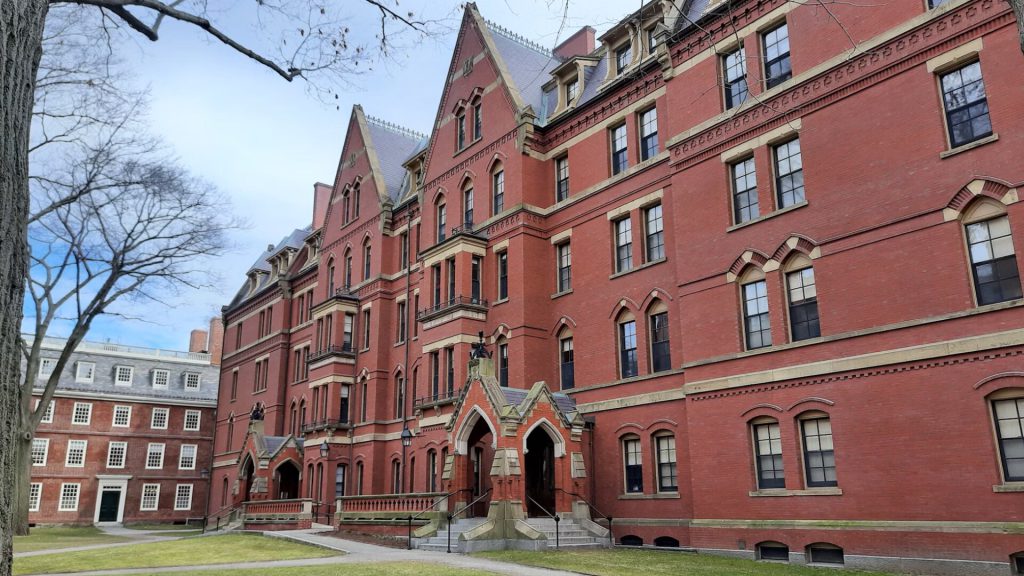
These groupthink individuals are then fast tracked to the heights of society, with Harvard graduates making their way to some of the most important positions in America. This is not the boon to society that Harvard and other Ivy League schools like to brag, and some people are starting to wonder if it might, in fact, actually be bad for America.
Closer Oversight is Required
The blatant disregard of elite schools like Harvard for educational standards or wide-ranging ideas means that society and politicians need to keep a closer eye on the institutions. Holding our schools to a higher standard means more oversight, regardless of backlash that might erupt because of it.
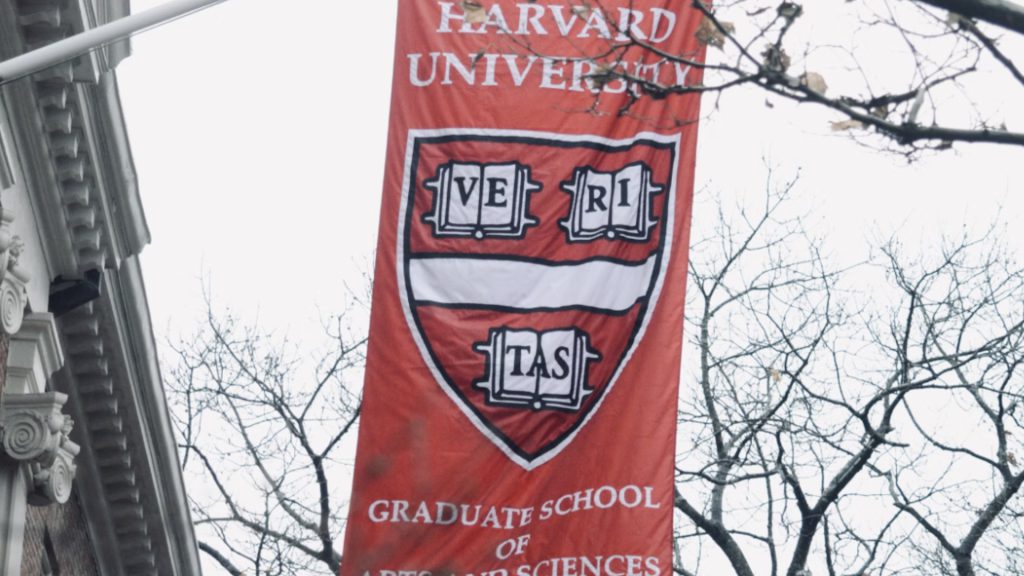
Questioning the efficacy and honesty of Harvard is going to serve to keep the institution on its toes. Students who pay the cost to be educated at Harvard deserve better than to coast on the name, especially if they’re going to end up running the country one day. A well-educated student is good for Harvard, and good for America.

